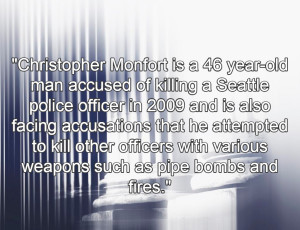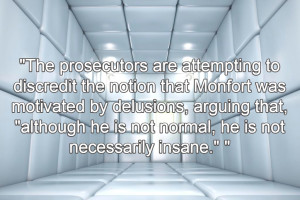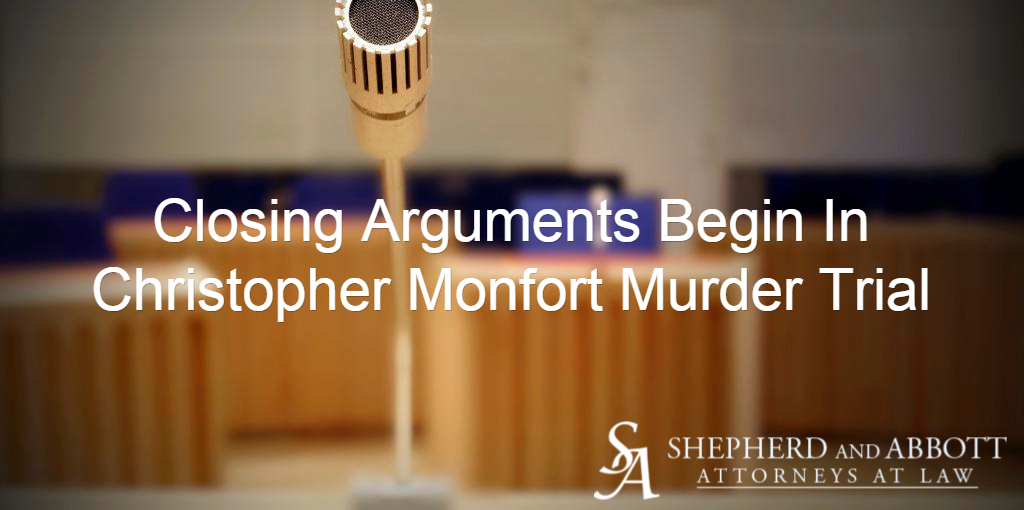Christopher Monfort is facing accusations of five felonies. Among them, aggravated first-degree murder in the death of Seattle police Officer Timothy Brenton in 2009. If Monfort is convicted on the aggravated murder charges, he potentially faces the death penalty. The trial is winding down and closing arguments have recently begun. These quick facts will bring you up to speed on the details of this case, which resulted in a police officer being killed.
Who is the Defendant?
 Christopher Monfort is a 46 year-old man accused of killing a Seattle police officer in 2009. He is also facing accusations that he attempted to kill other officers with various weapons such as pipe bombs and fires. He has been described by the state as a violent extremist who was attempting to start a war with the Seattle Police Department. His trial began in January and is expected to conclude soon.
Christopher Monfort is a 46 year-old man accused of killing a Seattle police officer in 2009. He is also facing accusations that he attempted to kill other officers with various weapons such as pipe bombs and fires. He has been described by the state as a violent extremist who was attempting to start a war with the Seattle Police Department. His trial began in January and is expected to conclude soon.
What is the Defense?
Monfort pleaded not guilty by reason of insanity to the aggravated murder charges, as well as the other felonies for which he is on trial. The defense hired a single mental health expert, Dr. Mark Cunningham from Texas, to assert that Monfort suffers from delusions which moved him to kill the officer and attempt to kill others. The main crux of the defense centers on the idea that Monfort’s actions were spurred by such intense hatred, they could only be the actions of a delusional person. According to the Seattle Times, the King County prosecutor said of the insanity defense, “They had no choice. There is no other defense in this case.”
What is the Prosecution’s Strategy?
 The prosecutors are attempting to discredit the notion that Monfort was motivated by delusions, arguing that, “although he is not normal, he is not necessarily insane.” The state consulted with their own mental health expert witness, university professor Ronald Schouten, and attempted to undermine the credibility of defense witness Cunningham. Senior Deputy Prosecutor Jeff Baird described Cunningham as a “professional witness” who gave unclear answers and cherry-picked evidence in order to make his diagnosis. The prosecution noted that, based on discrepancies concerning Monfort’s attitude before and after the killing, the defense was unable to show when Monfort became delusional.
The prosecutors are attempting to discredit the notion that Monfort was motivated by delusions, arguing that, “although he is not normal, he is not necessarily insane.” The state consulted with their own mental health expert witness, university professor Ronald Schouten, and attempted to undermine the credibility of defense witness Cunningham. Senior Deputy Prosecutor Jeff Baird described Cunningham as a “professional witness” who gave unclear answers and cherry-picked evidence in order to make his diagnosis. The prosecution noted that, based on discrepancies concerning Monfort’s attitude before and after the killing, the defense was unable to show when Monfort became delusional.


